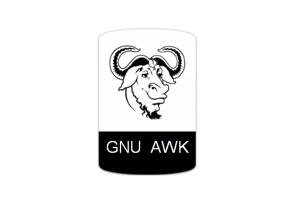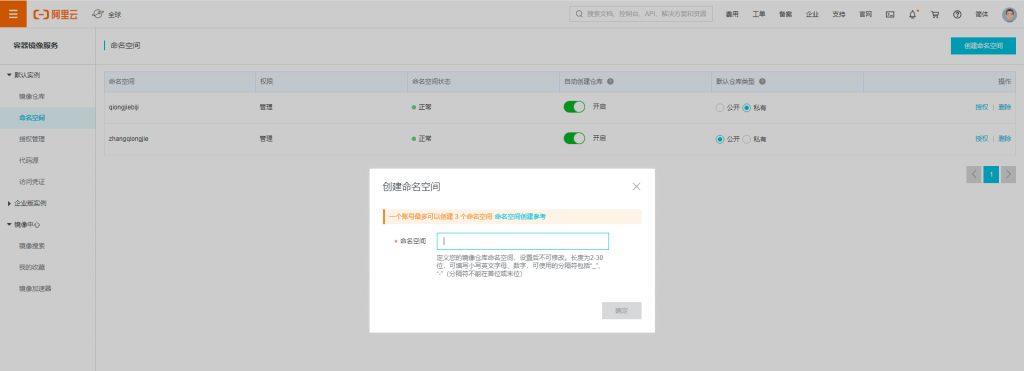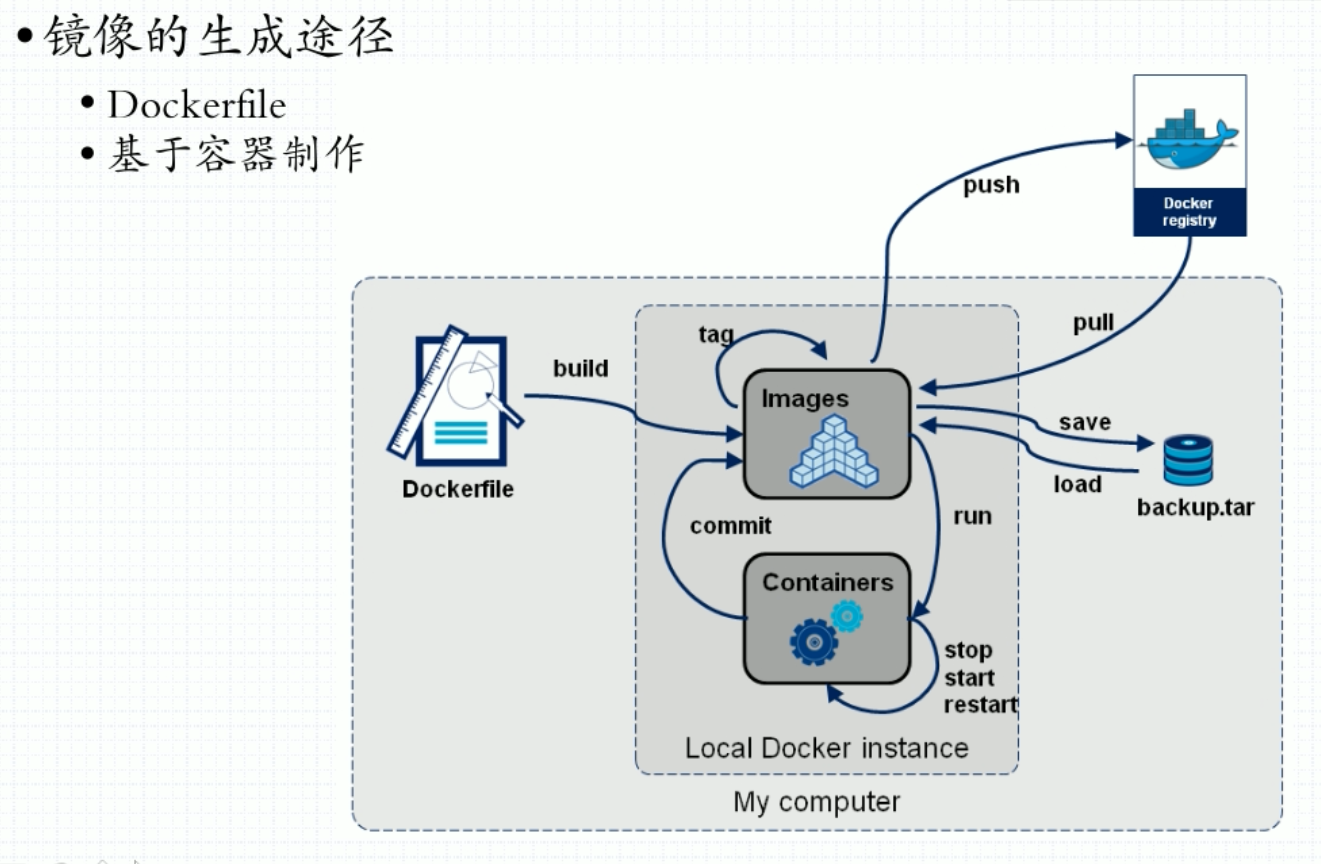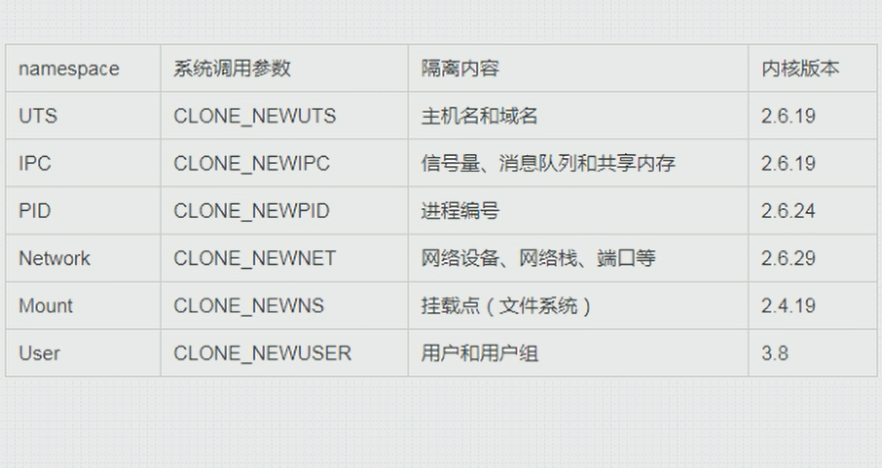There are several ways to write commands with multiple lines in Dockerfile, for example you wanna echo a bash file entrypoint.sh with content:
#!/bin/bash
echo 3
echo 2
echo 1
echo run
You could:
Using printf
RUN printf '#!/bin/bash\necho 3\necho 2\necho 1\necho run' > /entrypoint.sh
Using cat
RUN sh -c "$(/bin/echo -e "cat > /entrypoint.sh <<EOF\
\n#!/bin/bash\
\necho 3\
\necho 2\
\necho 1\
\necho run\
\nEOF\n")"
Using echo -e
RUN echo -e " #!/bin/bash\n\
echo 3\n\
echo 2\n\
echo 1\n\
echo run" > /entrypoint.sh
Using $'...'
The $’…’ feature is known as “ANSI-C quoting” but it’s not a POSIX shell > feature. According to unix.stackexchange.com/a/371873/109111 it was > originally a ksh93 feature but it is now available in bash, zsh, mksh, > FreeBSD sh and in busybox’s ash
RUN echo $'#!/bin/bash\n\
echo 3\n\
echo 2\n\
echo 1\n\
echo run' > /entrypoint.sh
echo -e & $'...' are both similar in that they support the following escape sequences:
\a alert (bell)
\b backspace
\e
\E an escape character
\f form feed
\n new line
\r carriage return
\t horizontal tab
\v vertical tab
\\ backslash
\0nnn the eight-bit character whose value is the octal value nnn (zero to three octal digits)
\xHH the eight-bit character whose value is the hexadecimal value HH (one or two hex digits)
\uHHHH the Unicode (ISO/IEC 10646) character whose value is the hexadecimal value HHHH (one to four hex digits)
\UHHHHHHHH
the Unicode (ISO/IEC 10646) character whose value is the hexadecimal value HHHHHHHH (one to eight hex digits)
They do have differences. In addition to the above, echo -e supports:
\c suppress further output
\0nnn the eight-bit character whose value is the octal value nnn (zero to three octal digits)
By contrast, $'....' supports:
\' single quote
\" double quote
\nnn the eight-bit character whose value is the octal value nnn (one to three digits)
\cx a control-x characterReference to:
Write commands with multiple lines in Dockerfile
 琼杰笔记
琼杰笔记








评论前必须登录!
注册